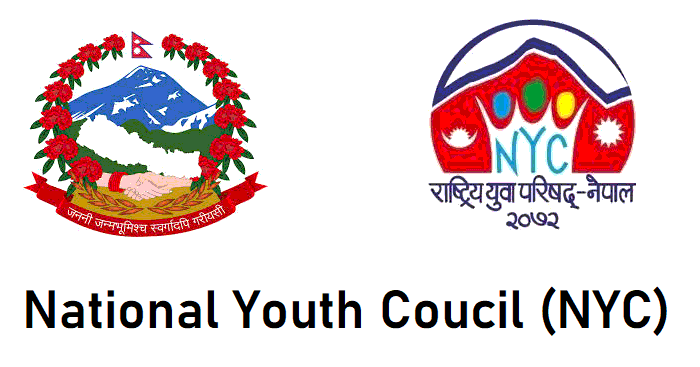
NYC Establishing Youth Innovation Centers for Capacity Building in all Provinces:
In order to increase the overall capacity of the youth in the situation of going abroad, the Innovation Center has been started in the seven provinces. The National Youth Council (NYC) has taken the initiative to implement the government's policy and program when the youths who went abroad for labor due to COVID-19 started returning home.
The council is currently working on land acquisition and other works for the Bagmati province in collaboration with Kathmandu University and Namobuddha Municipality in Kavre and for the province No. 1 in collaboration with the Ministry of Social Development of the province and the Madan Bhandari Memorial Foundation in Morang. Executive Vice-Chairman of the Council Madhav Prasad Dhungel said that initiatives were being taken to establish centers in other states as well.
In the policy and program of the Government of Nepal for the current Fiscal Year, Innovative Youth and Other Entrepreneurs and Experiences Returned from Foreign Employment and Skilled Entrepreneurial Youth It is mentioned that the program will be restructured and expanded to all the states. It is mentioned in the program that educated unemployed youth will be provided capital on the basis of certificate and project and they will be motivated to run their education-related business by assisting in project construction.
At present, 40.35 percent (17 million) youth are in Nepal. One thousand five hundred youths go abroad daily for employment. Of the youths going abroad, about five and a half lakh youths are semi-skilled every year. Unemployment is 19.2 percent and youth literacy is 71 percent. Nepal ranks 77th in the world in youth development, 130th in education, 66th in employment, 43rd in citizen participation, and 179th in politics.
Nepal's federal parliament has 13 percent youth participation. In Nepal, the age group of 16 to 40 years is considered young. After the promulgation of the National Youth Policy, 2072 BS, the Council Act was issued and the Council was formed as the implementing body. Although the youth are ahead in terms of political participation and consciousness, their participation in policymaking is considered weak. In the 10-year strategic plan mentioned in the Youth Vision 2025, the Ministry of Youth and Sports states that a modern, just and prosperous Nepal will be built by making Nepali youth strong, capable, competitive, and self-reliant and developing their meaningful participation and leadership capacity.
The vision is to take the country from a least developed country to a fast developing country by achieving national prosperity, equality and social justice within the next 10 years through mass youth participation, cooperation, and leadership development by investing heavily in youth development sectors including lifelong education, employment, health, and social security. The long-term goal of preparing manpower has been set.
At a discussion on 'Youth for Youth' organized by the National Campaign for Education (NCE) Nepal today in the context of International Youth Day 2020, Vice President Dhungel said that they are also partnering in youth self-employment programs, loans, grants, and skill development. The speakers emphasized on how to combine the efficiency, patience, and leadership of Nepal's human resources in building a prosperous Nepal at a time when the whole world is fighting against COVID-19. He said that economic, social, mental, and physical development should take place as youth involvement would lay the foundation for a prosperous Nepal.
He said that it was worrying for the youth to go abroad as they could get the demographic dividend. Sunita Baral, leader of the student organization ANNISU, said that the youths should take the lead in a prosperous Nepal by interfering in policymaking from the local level to the center.
General Secretary of the Nepal Students' Union, Yubaraj Pandey, said that the youths should play an intervening role as they are actively involved in political change. Chief Executive Officer of Teach for Nepal, Swastika Shrestha, urged to increase investment in education for the development of the youth, while Shrishti KC, founder of Blind Rocks, said that everyone with disabilities has the goal of a better life.
Stating that NCE Nepal President Dilli Ram Subedi has been advocating for education from the point of view of human rights, he said that prosperity would be challenged if equal opportunities were not created for all in quality education. Rajendra Pahadi, the vice-chairman of the campaign, said that the conclusions and suggestions received from the dialogue would be communicated to the policy-making level for implementation. More than 400 educational institutions are affiliated with the campaign.





